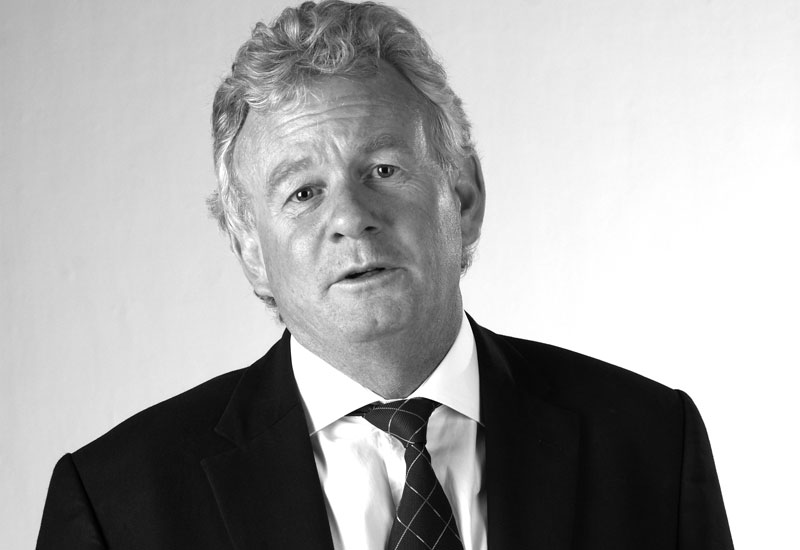Seven Tides Hospitality managing director Mike Scully reviews the banking dilemma and points owners in the direction of third party investors
As owners who are looking at refinancing their properties, I believe we have to go back and look at the fundamentals as to where we are today and what is going to drive tomorrow. This will lead to a more comprehensive business plan, which is what all refinance will be about; in other words, how well we will be able to service the debt that we are about to take on in the future?
We all know that many developers bought their land at high prices and built their properties during the boom time, and the dilemma now is how to service these debts on old terms. It is believed that in the UK — whose banks are prominent lenders in the UAE market — almost all commercial loans granted on properties after 2004 are now under water, where their value of asset to valuation drops below the stated figure in the loan documents. Here we have seen banks requesting waiver fees for the covenant breach or in some cases looking for additional guarantors to step in, however, most banks will not necessarily seek additional security or foreclosure on these loans as long as they are being serviced.

Advertisement
BUBBLE TROUBLES
If you look at the “bubble troubles” of the last three decades we note that in most cases these were western government led policy mistakes and in almost all cases they have resulted in, or were caused by, over availability of easy credit. This applies to the share crash of ’87, the dot-com crash and post 9/11, and the same applies to the latest property crash that we are experiencing at present.
Although western governments are now pumping cash into the market to stabilise their economies, this will not continue for long and in many cases the cash that has been pumped in is being used to push the profitability of the banks themselves through charging high interest rates even though they are borrowing at very low rates. We also note a conflict of interest whereby they are able to trade on the for-ex and commodities markets or run hedge funds for their own profitability. If they do decide to lend, very often they are at exorbitant rates requiring anything up to 200% security.
Many of the western world’s banks have loans on their books equivalent to up to 150% of the GDP of their sovereign nations. In many cases they have NPLs (non-performing loans) of between 10-15% of their overall loan book.
This indicates just what a dilemma the finance and lending houses of today are in and that is why we are finding that very little capital is going into creating new real wealth through productivity as opposed to paper wealth on the back of real estate or shares. We even know that expenditure in green industries, where there is enormous investment, is still geared more to efficiency than production.
PLAN FOR PRODUCTIVITY
It is, therefore, absolutely essential that anyone going for refinance, additional funds or even looking for start-up capital will need to show a plan for productivity as opposed to showing growth on the back of a boom. A business plan will need to show how they will create new markets, who their strategic partners will be and where their innovation is coming from. They will have to explain who their operator is, and the operator will in turn be required to justify how they will ensure that this business will remain profitable, take market share from competitor hotels and generate new business. In some cases if they cannot do this, operators must be prepared to stand aside for owners to bring in new operators who are able to adapt to the new business environment.
I believe that ultimately the banks, as they are at present, are not necessarily the answer as it will be a while before they can realistically understand the extent of their bilateral bank loans and other liabilities. We therefore need to look at funding or refinancing through third party investors, in many cases using the likes of private equity, venture capitalists and fund managers. I believe that there is enough individual wealth out there to finance tourism projects and hotels which have good business plans, have a diversity of product and will ensure sustainable growth and development in a new business environment.









 Search our database of more than 2,700 industry companies
Search our database of more than 2,700 industry companies









